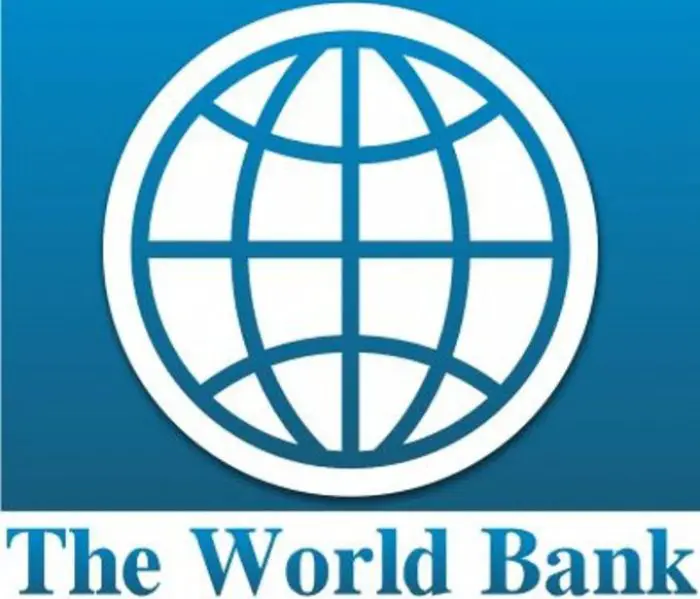World Bank Group President, Jim Yong Kim, announced a record US $57 billion in funding for various infrastructure projects in sub-Saharan African nations over the next three financial years.
Kim then left on an excursion to Rwanda and Tanzania to emphasize the bank’s support for the whole region.
The bulk of the funding –US $45 billion – will be gotten from the International Development Association (IDA), the bank’s fund for the poorest nations.
The financing for sub-Saharan Africa also would comprise a projected US $8 billion in private sector investments from the International Finance Corporation (IFC), a private sector arm of the bank group, and US $4 billion in funding from International Bank for Reconstruction and Development, its non-concessional public sector arm.
In December, development partners approved to a record US $75 billion for IDA, a remarkable boost based on a pioneering move to merge donor contributions to IDA with World Bank Group internal resources, and with finances raised through capital markets.
Sixty per cent of the IDA financing is projected to go to sub-Saharan Africa, habitat to more than half of the nations qualified for IDA funding. This financial support is accessible for the period known as IDA18, which runs from July 1, 2017, to June 30, 2020.
“This represents an unparalleled opportunity to change the development curve of the nations in the area,” Kim said.
“With this dedication, we will work with our clients to considerably develop programmes in education, vital health services, clean water and sanitation, agriculture, business climate, infrastructure, and institutional modification.”
The IDA funding for operations in Africa will be significant to addressing roadblocks that thwart the region from attaining its potential.
To support nations’ development priorities, scaled-up investments will center on addressing conflict, vulnerability, and hostility; building resilience to calamities including forced displacement, climate change, and pandemics; and reducing gender disparity.
Efforts will also encourage governance and institution building, as well as work and economic change.
“This funding will facilitate African nations continue to grow, create opportunities for their citizens, and build resilience to shocks and crises,” Kim said.

Leave a Reply